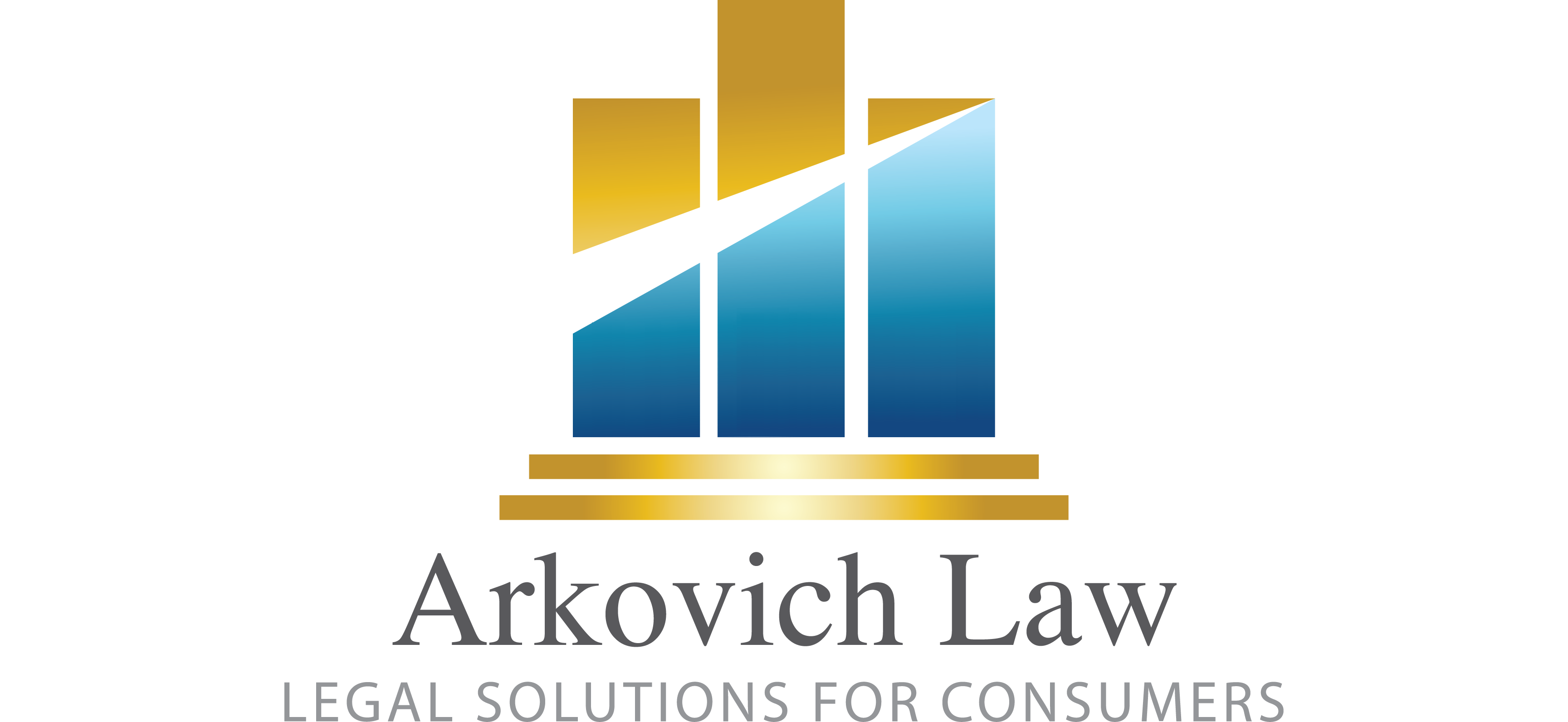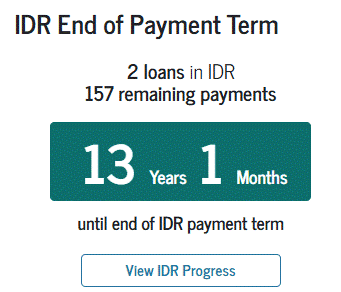 Buy now, pay later options are on the rise. The most popular players in this space – Klarna, Afterpay, Affirm, and Zip – are everywhere. They’re not just options. They’re default features, embedded into the checkout flow of almost every major retailer. Even Door Dash now has options which allow you to pay for your burrito later.
Buy now, pay later options are on the rise. The most popular players in this space – Klarna, Afterpay, Affirm, and Zip – are everywhere. They’re not just options. They’re default features, embedded into the checkout flow of almost every major retailer. Even Door Dash now has options which allow you to pay for your burrito later.
Most offer 0% interest and when used responsibly, they can help as a cash flow tool to carry someone until their next paycheck for instance.
It’s easy access, no real credit checks, frictionless credit with a few mouse clicks or phone taps.
 Reboot Your Life: Tampa Student Loan and Bankruptcy Attorney Blog
Reboot Your Life: Tampa Student Loan and Bankruptcy Attorney Blog



